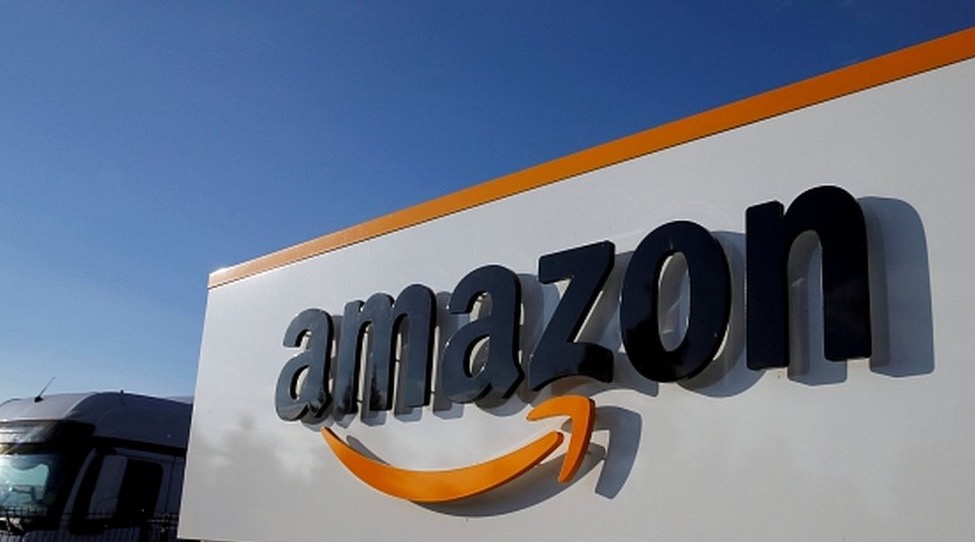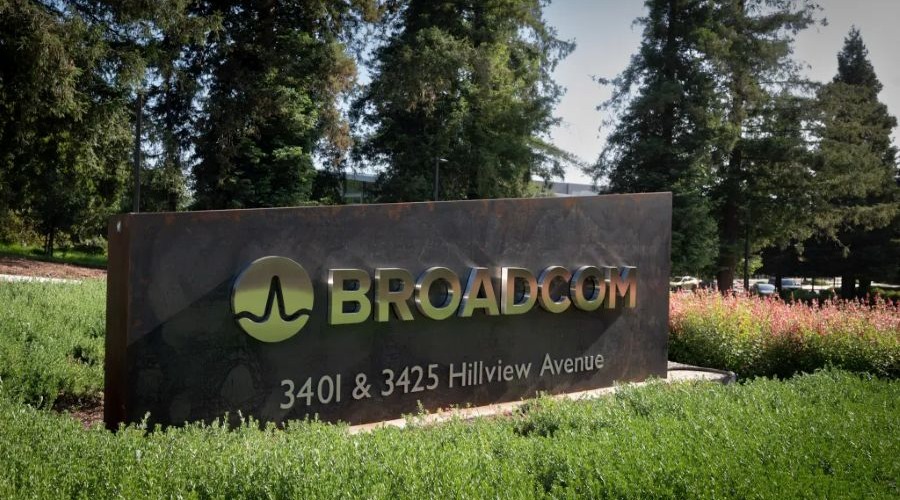In a vast legal onslaught, the Federal Trade Commission (FTC) and 17 states have mounted a blistering lawsuit against Amazon, alleging that the e-commerce giant operates an illegal monopoly. Who’d have thought it?
Filed in Amazon's home state of Washington, the lawsuit is the culmination of a years-long investigation. It shines a spotlight on Amazon's allegedly anticompetitive practices, potentially sending ripples through the world of e-commerce and antitrust legislation. More importantly, it could have you waiting longer for your one-piece Thanos swimming costume.
The FTC and its state allies aren't pulling punches. They've accused Amazon of violating both federal and state antitrust laws, aiming for a knockout blow to its "monopolistic control." At the heart of the matter lies Amazon's alleged ploy to deter sellers from offering lower prices on competing websites. If true, this not only hurts your wallet but also stifles marketplace competition. We’re betting that’s true. We’re betting on this, because we’ve been barred from our preferred pastime of throwing our dollars down and betting on elections.
The lawsuit contends that Amazon's devious tactics include burying listings with lower prices on non-Amazon platforms. Simultaneously, it hammers sellers with high fees, forcing them to hike prices across the board. This nefarious strategy keeps products competitive on Amazon while padding the e-commerce giant's coffers. Sneaky, right? Well, sure. But this is Jeff Bezos' company we're talking about here, so anything's game.
According to the lawsuit, Amazon takes a sizable bite out of sellers' revenues, with the cut escalating from 19% in 2014 to a staggering 35% in 2020. It's a harsh toll that has sellers yearning for alternative platforms. But Amazon's dominance doesn't stop there—it allegedly strong-arms sellers into using its logistics service, Fulfillment by Amazon, to access Amazon Prime benefits, leaving them with little choice but to comply. Understanding Amazon’s pricing and fees would involve a blackboard, a piece of chalk and Albert Einstein, but they certainly charge fees per unit sold, per month of selling, for referrals, for fulfillment (unless you do it yourself) and all sorts of other services. If you’re a sadomasochist, you can discover them all here. Equally painful reading is the full announcement of the lawsuit, which can be found here.
Regardless of the outcome, Amazon is often the proving ground for a wide range of payment systems, including the implementation of a digital euro and other innovative solutions. It does not, however, accept Bitcoin.
So, what is the FTC after and why has it unleashed this legal juggernaut? While it's not explicitly gunning for Amazon's breakup, a permanent injunction is on the table. This injunction would aim to halt the alleged misconduct, potentially reshaping the e-commerce landscape. Amazon, of course, has its own retort, warning of price hikes and slower deliveries if the FTC has its way.
In the ring, it's the FTC and 17 states versus Amazon, and the outcome could redefine how we shop online. Buckle up, shoppers, for a legal rollercoaster that could leave a lasting mark on your e-commerce experience.
In any case, must be off to place my order, Thanos (and the beach) waits for no man.


















